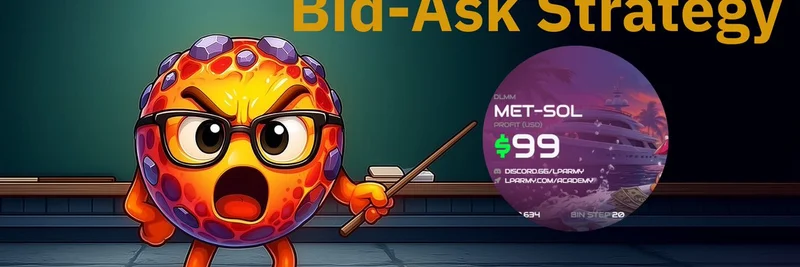The financial landscape in Africa is undergoing a significant transformation, and at the forefront of this change is ZeroCard, the first stablecoin physical card in Africa. This innovative solution, developed by @getzerocard, is set to revolutionize how payments are made across the continent, leveraging the robust infrastructure of Visa's technology.
The Rise of Stablecoin Adoption in Africa
Africa has been a hotbed for cryptocurrency adoption, with Nigeria ranking second globally in crypto adoption. The demand for stablecoins, digital currencies pegged to fiat currencies like the US dollar, has surged due to economic challenges such as high inflation and currency depreciation. Stablecoins offer a reliable medium for cross-border transactions, savings, and online purchases, making them increasingly popular among African users.
ZeroCard: A Game-Changer
ZeroCard's introduction marks a pivotal moment in Africa's financial evolution. By integrating stablecoin technology with physical cards, ZeroCard enables users to spend cryptocurrency as easily as cash. This seamless integration is particularly crucial in a region where traditional banking services are often inaccessible.
How ZeroCard Works
ZeroCard operates by allowing users to load their stablecoins onto a physical card, which can then be used for transactions at any merchant accepting Visa. The process is straightforward:
- Load Stablecoins: Users deposit their stablecoins into their ZeroCard account.
- Convert to Fiat: The stablecoins are converted to local fiat currency at the point of sale.
- Make Payments: Users can then make payments using the card, just like any other debit or credit card.
This system not only simplifies the use of cryptocurrencies but also reduces the friction associated with traditional cross-border payments.
Leveraging Visa's Technology
The collaboration with Visa is a critical component of ZeroCard's success. Visa's global network ensures that ZeroCard can be used anywhere Visa is accepted, providing scalability and reliability. This partnership is particularly significant given Visa's extensive experience in payment processing and its commitment to innovation in the financial sector.
@cuysheffield, mentioned in the tweet, is likely involved in discussions to further leverage Visa's technology for scaling ZeroCard's operations. This collaboration aims to enhance the card's functionality and reach, making it a viable option for businesses and individuals across Africa.
Impact on the African Economy
The introduction of ZeroCard has far-reaching implications for the African economy. It addresses several key challenges:
- Financial Inclusion: By providing a tool for those without access to traditional banking, ZeroCard promotes financial inclusion.
- Economic Stability: Stablecoins offer a buffer against local currency volatility, providing economic stability for users.
- Cross-Border Transactions: ZeroCard facilitates easier and more cost-effective cross-border transactions, benefiting both individuals and businesses.
The Future of Payments in Africa
As ZeroCard gains traction, it sets a precedent for other financial innovations in Africa. The success of this stablecoin physical card could inspire similar solutions tailored to the unique needs of other regions facing similar economic challenges. The potential for growth is immense, with stablecoins settling an estimated $2.6 trillion in value in the first half of 2024 alone.
Conclusion
ZeroCard represents a significant step forward in Africa's financial technology landscape. By combining the stability of stablecoins with the convenience of physical cards and the reliability of Visa's network, ZeroCard is poised to transform how payments are made across the continent. As adoption continues to grow, the impact on financial inclusion, economic stability, and cross-border transactions will be profound.
For those interested in the future of finance in Africa, ZeroCard is a name to watch. Its innovative approach to payments could very well be the catalyst for a new era of financial empowerment in the region.


